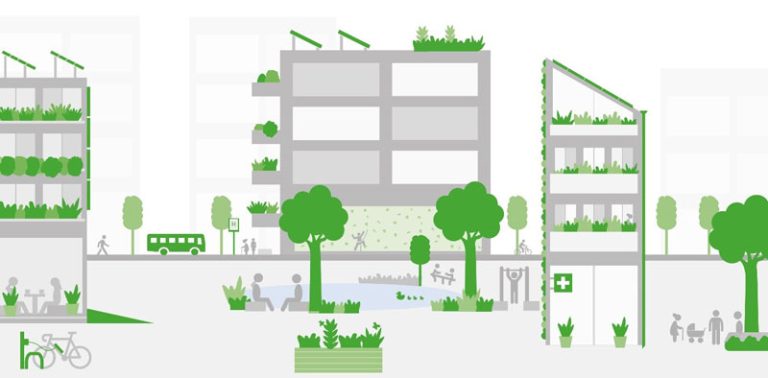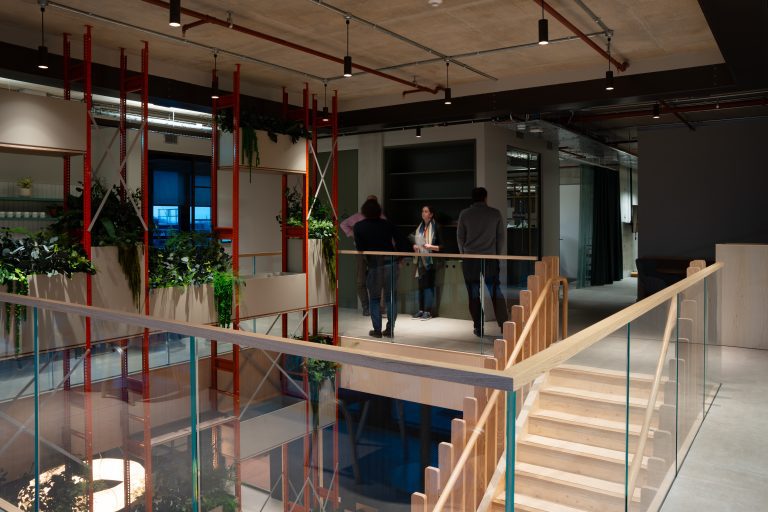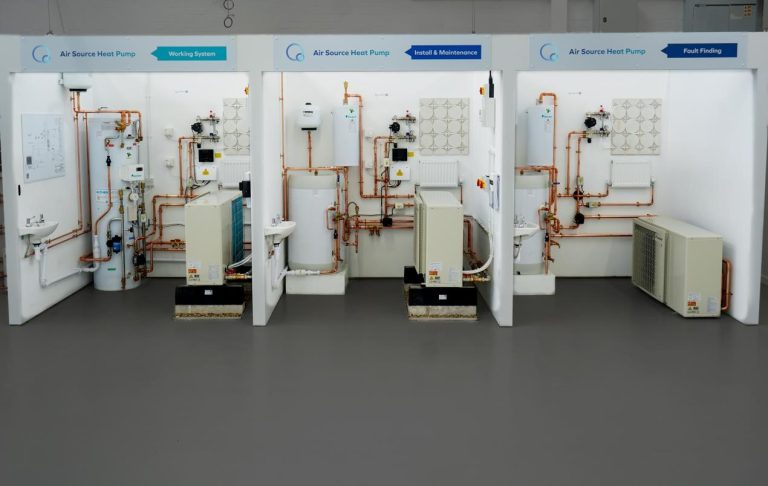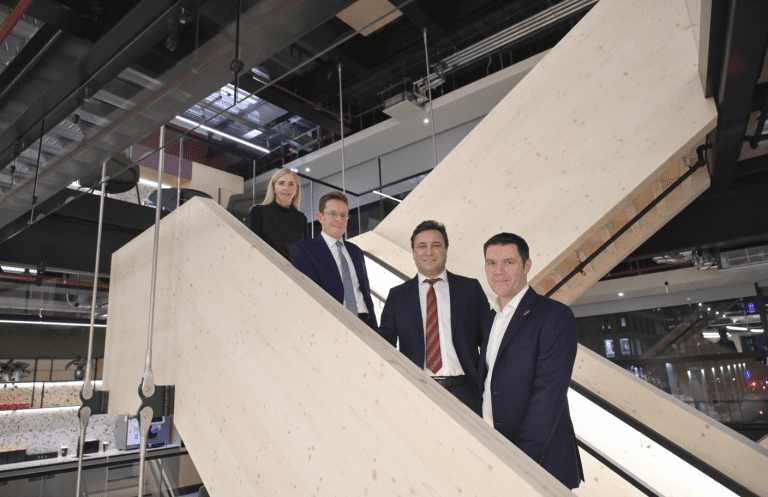Global engineering consultancy Arup has officially opened its new Midlands base – one of its five largest global hubs – at Paradise Birmingham’s One Centenary Way, welcoming clients and contacts to mark the occasion. Arup was a major contractor to Birmingham City Council supporting it to deliver the Birmingham 2022 Commonwealth Games, helping to deliver the Alexander Stadium, transport and infrastructure improvements city wide, as well as the Perry Barr masterplan, and the Sandwell Aquatics Centre. Establishing a national and international centre of excellence for Arup in the Midlands, with nearly 800 staff and offering more than 90 specialist services UK-wide, the multi-million-pound investment cements Arup’s commitment to Birmingham and the region as a global business destination. Last year, the local Arup team worked on hundreds of projects locally and globally, supporting the delivery of more sustainable buildings, infrastructure, public spaces, and communities, and bringing the best of global expertise to the area. Arup’s move to the city centre is designed to attract local talent and aid the growth of the West Midlands as an innovation and skills hub. The new office location will bring Arup closer to schools, colleges and universities, ensuring stronger links to education and more opportunity to attract, grow and retain diverse industry talent locally. Based in the heart of the city, Arup’s public-facing activity hub on the ground floor, ‘The Gallery’, will be a space Arup staff are able to work alongside local partners and neighbours to deliver community based, and charitable activities. Speaking at the launch event, Andy Street, Mayor of the West Midlands, said: “Arup’s move back into the heart of Birmingham city centre is a tremendous endorsement of all that our region has to offer a global player of Arup’s stature. “This kind of major investment is just the type we envisaged when we worked on the Enterprise Zone more than a decade ago – bringing to life our vision of a new city business district generating jobs for local people. “I know that this announcement will help equip young people from a wide variety of backgrounds with the skills, apprenticeships and opportunities they need to succeed. I cannot wait to see lives changed for the better in the months and years ahead. My thanks to Arup for helping to make that possible.” Understanding that the future office needs to compete with highly personalised home working arrangements, a variety of workplace settings, social areas, wellbeing areas, creative spaces and focus zones have been provided in the new Arup Midlands HQ. The new range of flexible workspaces is designed specifically to support collaboration, convening stakeholders and hosting events. Cem Budak, Arup Midlands Leader, said: “We are excited to officially open our new Midlands hub located in the heart of Birmingham, the UK’s second city. We are eager to build on six decades of expertise in Midlands and the opening of the new office will bring us closer to key decision-makers, clients and collaborators, helping to foster innovation and creativity across the region. “We helped to shape and design the space at One Centenary Way, which is undoubtedly one the finest commercial locations in the city. It is a space that our people already love working in and which helps them to engage with our clients and communities while exporting Birmingham skills and expertise around the world.” The new office plays a significant role in Arup’s ambition to reach net zero carbon by 2030. Arup worked closely with developer MEPC on One Centenary Way, which is the first building within the Paradise estate with all-electric heating and hot water systems, as well as SMART technology that enables continuous office adaptations around utilisation, comfort, and energy consumption. James Watts, Arup Birmingham Office Leader, said: “We are very proud that our new office is a showcase for our commitment to delivering sustainable solutions and our net zero carbon aspirations. We anticipate that our move will reduce travel emissions by over 60% and we will save over 1,100 tonnes of CO2 a year from our own staff commutes. Initiatives such as biophilic design, natural sheep wool wall insulation and a recycled material pallet will put our circular economy values into action while increasing staff connectivity with nature. “In addition, the office also ensures our knowledge and global expertise are easily accessible to local clients and collaborators, allowing us to continue to provide innovative solutions and long-lasting value.” Arup’s work in the Birmingham region for the last 60 years has helped shape the local landscape including major public buildings and developments from the NEC and ICC to commercial office buildings and new public realm like that created at Brindley place and Paradise in Birmingham. Arup’s major role in delivering the Birmingham 2022 Commonwealth Games and supporting infrastructure in and around Birmingham helped secure a meaningful legacy for the Games in the Midlands. Building, Design & Construction Magazine | The Choice of Industry Professionals








